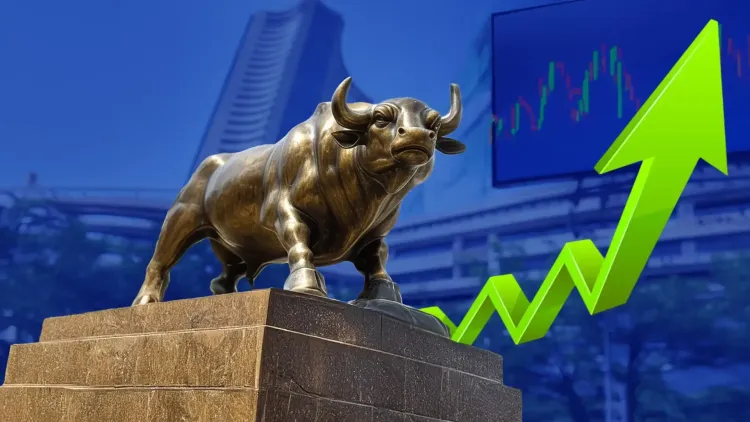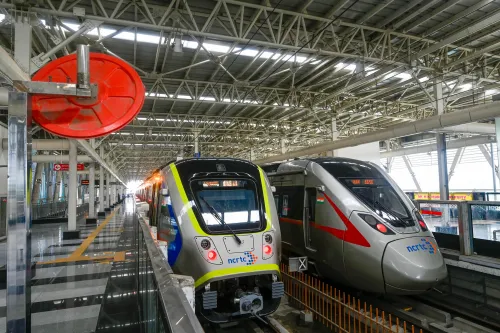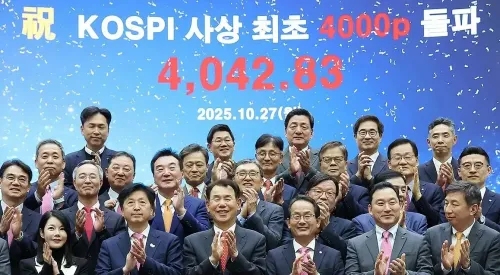Why Did HSBC Upgrade Indian Equities to Overweight?

Synopsis
Key Takeaways
- HSBC upgraded Indian equities to overweight.
- Local investors show resilience despite foreign fund withdrawals.
- Government policies are turning positive for equities.
- Market has risen 20% due to local cash inflow.
- Investor confidence in ASEAN remains low.
New Delhi, Sep 24 (NationPress) HSBC Global Investment Research announced on Wednesday that Indian equities are becoming increasingly appealing on a regional scale, raising the domestic market rating to overweight from neutral.
The firm noted that US tariffs are unlikely to significantly impact the profits of the majority of listed companies.
Despite substantial withdrawals by foreign funds from India in the past year—during which the market faced serious underperformance—local investors have shown remarkable resilience, as highlighted in the report.
HSBC stated, “Although earnings growth expectations may dip slightly, valuations are no longer a concern. Government policy is turning into a positive influence for equities, and many foreign funds are currently lightly positioned.”
This year, foreign investors have predominantly been net sellers in Asia, a trend typically detrimental to regional stock markets.
Nevertheless, the market has risen by an average of 20 percent due to an influx of cash from local retail investors. Following a robust performance in Chinese equities, especially in Hong Kong, the continuation of this momentum remains uncertain.
HSBC remarked, “Valuations are high but not excessive. Furthermore, with retail investors sitting on $22 trillion in cash—some of which is gradually being redirected to stocks—we anticipate that Chinese equities will slowly ascend.”
In Japan, Korea, and Taiwan, investors are keen on capitalizing on AI opportunities in these markets, particularly in Korea and Taiwan, which are currently experiencing crowded trades.
Valuations have surged, and in Japan, the weakened Yen has also bolstered equities.
While corporate governance presents a promising long-term theme in Japan and Korea, it alone may not propel markets. Following a recent surge, we downgraded Korea to underweight in mid-August.
HSBC also noted, “Investor confidence in ASEAN is low. Political issues are dominating the news in Thailand and Indonesia; in the latter, fiscal prudence is becoming a focal point after a cabinet reshuffle.”










